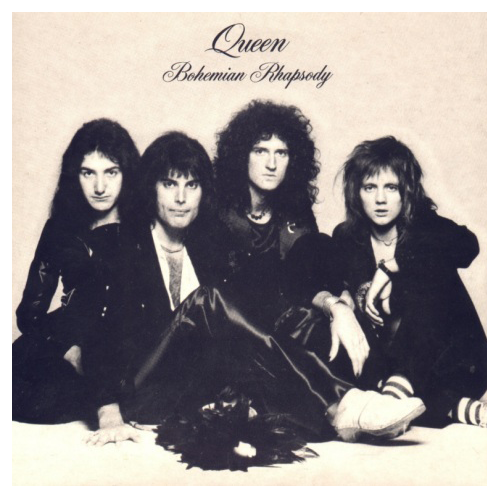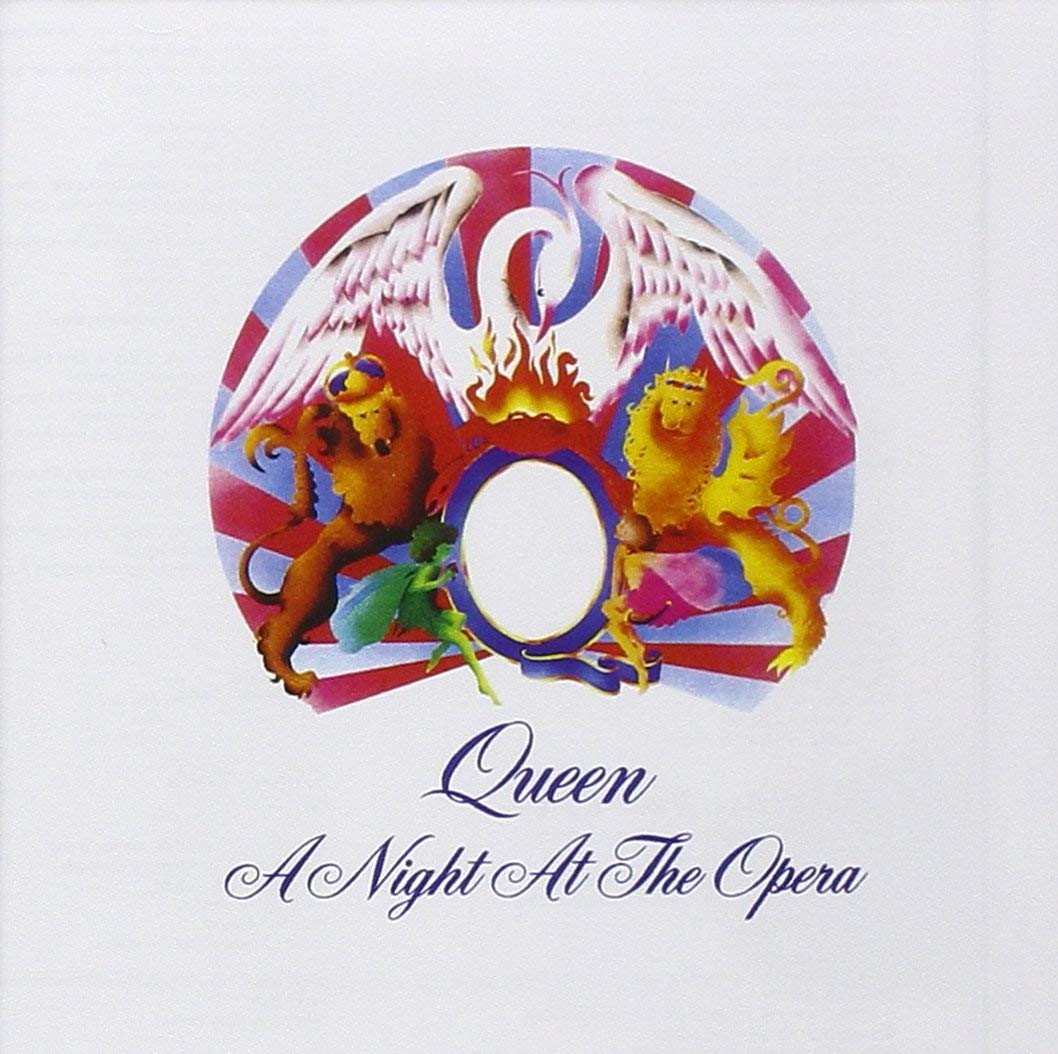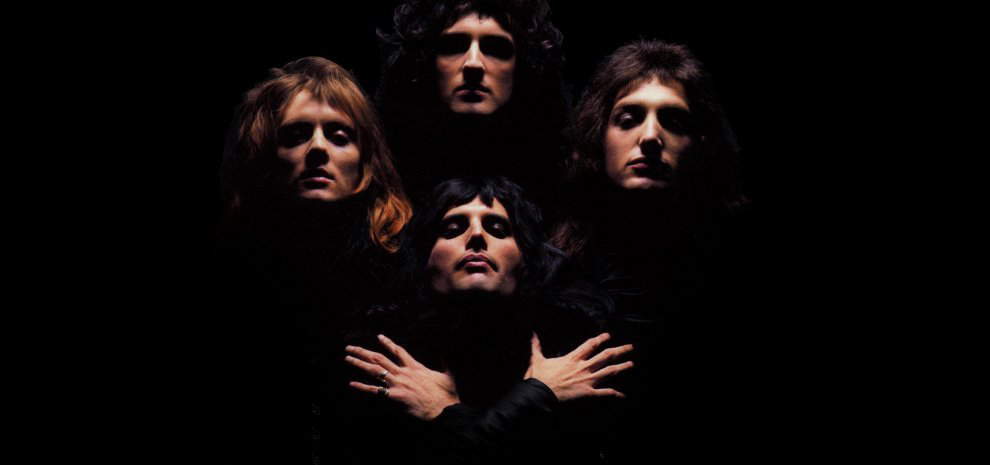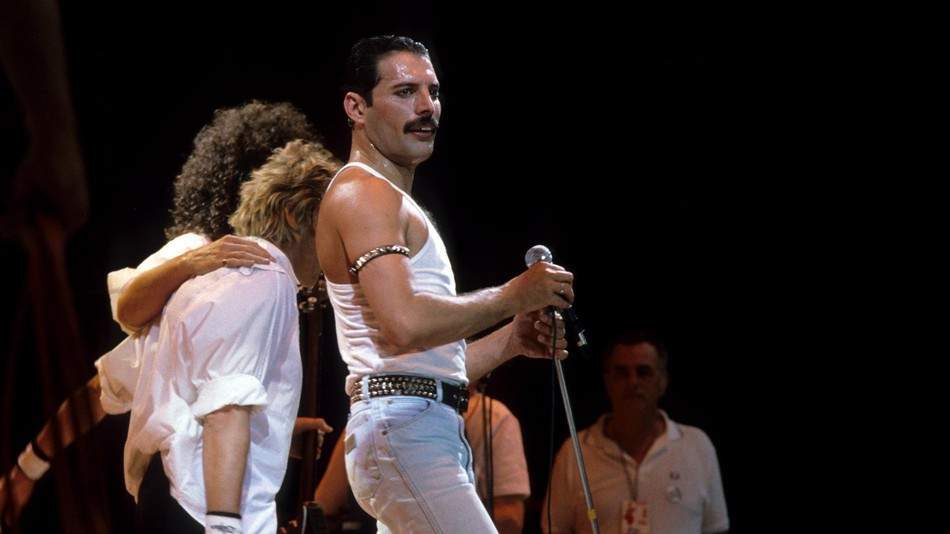With more than 1.6 billion streaming listens, Queen ’s Bohemian Rhapsody has since yesterday become the most listened-to song of the 20th century on online platforms, thanks in part to the success of the film of the same name, which tells (admittedly in rather fictionalized form) the story of the group of Freddie Mercury, Brian May, John Deacon, and Roger Taylor from its origins to 1985’s Live Aid (with Rami Malek playing the great singer who passed away on November 24, 1991: he received a Golden Globe nomination for his performance and will probably receive one at the Oscars). With the result achieved, Queen’s famous 1975 song from the album A Night at the Opera is also the most streamed rock song of all time.
And to think that initially Bohemian Rhapsody was not supposed to be released as a single because of its nearly six-minute length, which was considered excessive at the time for a song to be played on the radio. However, thanks to the complicity of a DJ friend of Freddie Mercury’s, Kenny Everett, who passed the song on the Capital Radio frequencies, Bohemian Rhapsody became a resounding success (not least because Everett passed it fourteen times in just two days), and the producer of A Night at the Opera, Roy Thomas Baker, was convinced to release the song as a single (it was officially released on October 31, 1975). By December, Bohemian Rhapsody had already reached the top of the UK charts, and would remain there steadily for nine consecutive weeks. It also achieved great success in America, where it reached number one on the Billboard Hot 100. In addition, in 2004, Rolling Stone magazine listed the song at 166th place on its list of the 500 best music songs of all time (as well as Queen’s first on the chart: the group is also featured with We will rock you). Critical reception, however, was rather cold, since Bohemian Rhapsody was judged by many as a kind of pastiche that made rock share with difficulty and what had seemed a parody of the operatic tradition.
 |
| The original cover of the single Bohemian Rhapsody |
 |
| The cover of the album A Night at the Opera |
 |
| Frame of the very famous video of Bohemian Rhapsody |
However, despite the success of Bohemian Rhapsody, how many of the millions of people who have heard it know its meaning? The lyrics open with an introduction, sung in chorus, that leads the listener to the main “fact” of the song: the protagonist speaks in the first person by addressing his mother and telling her that he has just killed a man, and that this action made him “throw his life away.” In the second stanza, the protagonist tells of being remorseful for his act, and of being ready to face the truth, even though it could have fatal consequences (“I don’t wanna die / I sometimes wish I’d never been born at all”). In the operatic section, the narrator is tormented by a series of voices that refer to various characters from opera and literary history (Galileo, Scaramouche, Figaro, Beelzebub): the song then veers into a rock part in which the protagonist accuses a third character of leaving him alone, and finally Bohemian Rhapsody ends with a finale in which the protagonist keeps repeating that “nothing really matters.”
In fact, the overall meaning of the song is not well understood, and all the band members have always been careful not to explain it in detail. Freddie Mercury has talked about the song being about relationships, and various interpretations have been put forward about unspecified personal ordeals the singer would go through in his life. In a BBC documentary, Roger Taylor pecified that the meaning of the song “is self-explanatory” and that there is also a lot of “nonsense” in the middle section. A more structured interpretation was given in 2004 on the occasion of the release of a Greatest Hits by Queen in Iran: the booklet of the cassette tape explained that the song is about a young man who killed a man and, like the popular Faust of German literature, sold his soul to the devil: the night before his execution, he would turn to God by speaking in Arabic (“Bismillah,” an invocation that is actually uttered in the operatic section and means “in the name of God”) thus obtaining the redemption of his soul.
Faust , however, is not the only literary work to which Bohemian Rhapsody has been referred: many have likened the song to the novel The Stranger by Albert Camus, a work in which the main character, a man named Meursault, commits murder and is sentenced to death. The connection with Faust, however, does not elaborate on many aspects of the song, chief among them the ending and the quotations of certain characters (most notably Galileo, on whom many critics have focused). Other critics, on the other hand, have attempted to interpret the references to his mother in the first stanzas (for some, the “mom” with which Freddie Mercury’s song opens might even allude to his then partner, Mary Austin). For some, the song would be an ongoing allusion to Freddie Mercury’s sexual orientation, partly on account of the fact that a 19th-century “bohemian” (to whom the song’s title alludes) was an artist outside the box (an interpretation that has little traction today, however). Staying with the theme of homosexuality, British musicologist Sheila Whiteley and university lecturer Jennifer Rycenga have suggested that, rather than talking about the events suffered personally by Freddie Mercury, the song may actually be an allusion to the tensions around gay identity in 1970s Britain (which would also involve social and cultural aspects). For others, there would simply be no narrative structure to be found in the song.
In any case, Freddie Mercury gave an interview, reported in his 2016 biography written by Matt Richards and Mark Langthorne in which he said that “a lot of people ask me what ’Bohemian Rhapsody’ means, and I say I don’t know. I think that would lose the myth and ruin the kind of mystical halo that people have built around it. It’s one of those songs that comes from a feeling moved by imagination ... I think people should just listen to it, think about it, and then reason about what it says to them.” And perhaps the great appeal of Bohemian Rhapsody also lies in the fact that its meaning is variously interpretable.
Pictured: Queen with Freddie Mercury in close-up during Live Aid in 1985
 |
| As of yesterday, the most listened to song of the 20th century is Bohemian Rhapsody by Queen. But do you know what its meaning is? |
Warning: the translation into English of the original Italian article was created using automatic tools. We undertake to review all articles, but we do not guarantee the total absence of inaccuracies in the translation due to the program. You can find the original by clicking on the ITA button. If you find any mistake,please contact us.